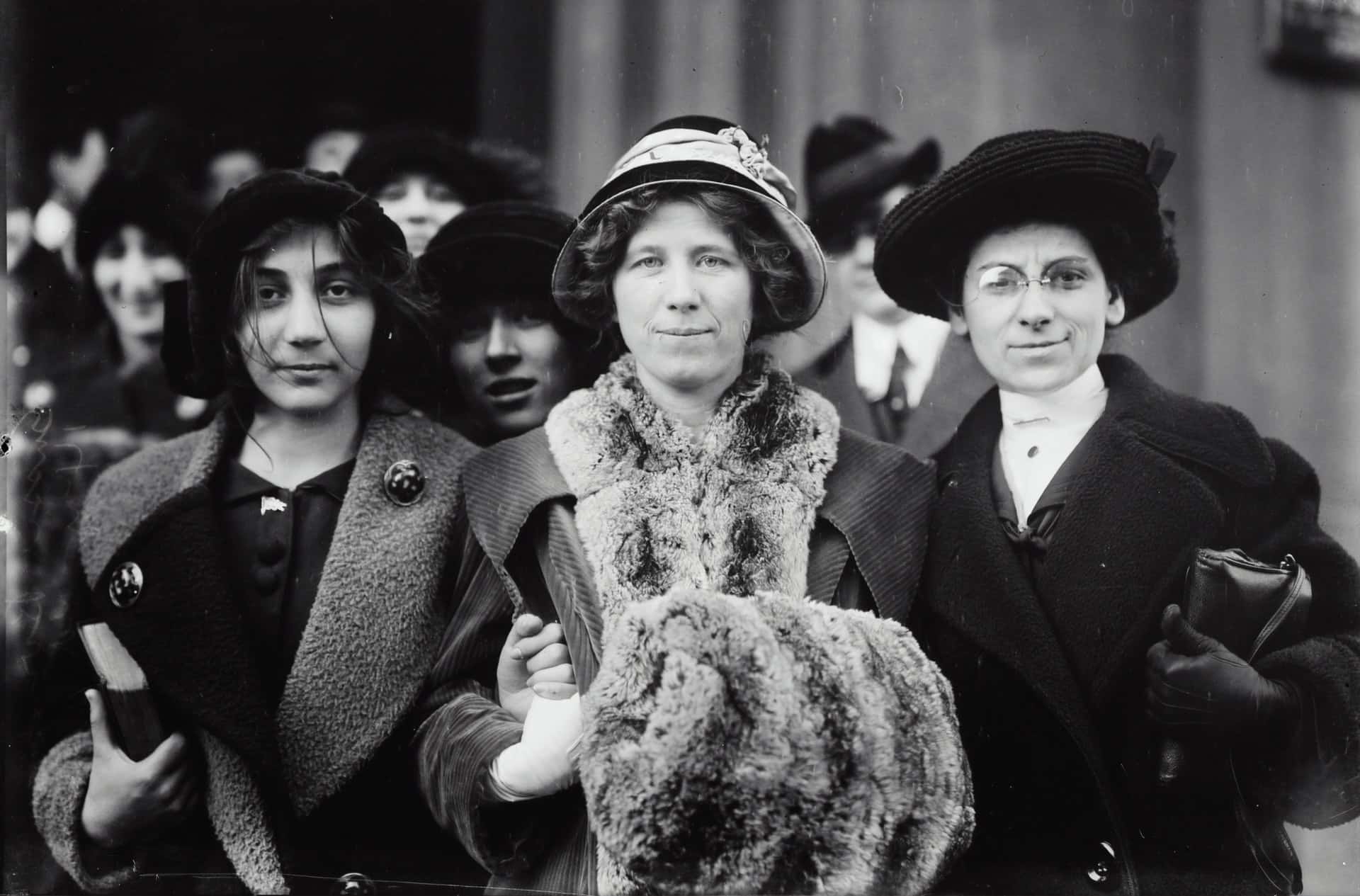Product Managers and Project Managers seem to work together with the same initiatives, but in most cases, they have two different sets of responsibilities. Product managers have strategic responsibilities for driving and developing the products. Whereas Project Managers are responsible for the overall execution of development plans. Let us see the difference between product manager vs project manager, understand what each role means, and its responsibilities.
- Who is a Product Manager?
- What are the requirements?
- Who is a Project Manager?
- Project life cycle phases
- Project management skills
- Problems that might arise from overlapping both roles
Who is a Product Manager?
A Product Manager is a person who is said to be responsible for both product planning and also product marketing. That includes managing the product throughout the product lifecycle and then gathering, prioritizing the different products, and that includes customer requirements, defining the product vision, and working closely with the engineering to deliver all the products. This process also includes working with different teams like the sales, marketing, and support for ensuring the revenue and also the customer satisfaction goals are met. This role may also include ensuring the products and marketing efforts that support the company’s overall strategies and goals. They also communicate the vision throughout the organization. The product manager also attempts to pursue executives and other stakeholders to become passionate about the product.
However, above all the roles, a product engineer requires product sense, which means having the ability, that product manager to know when he has to move a product from alpha to beta tests, and also when to delay the releases because of any bugs or and also to remove a product or part of it because when it doesn’t make economic sense anymore. They are also responsible for the profit and loss function of a product. That’s why Product Managers collaborate with the sales, marketing, customer success, and support teams to ensure the success of the overall business goals, in terms of revenue, competitive advantage, and also the customer satisfaction.
The Product Manager is also expected to do following some activities like:
- Defining the product strategies and their road map.
- Delivering the MRDs and PRDs with the required features and corresponding justification.
- Working with external third parties for accessing partnerships and also licensing opportunities.
- Being an expert with respect to the competitions that they are facing.
- Developing the core positioning and messaging for the products.
- Performing product demos to the customers.
- They act as a leader within the company.
- Briefing and training the sales force at quarterly sales meetings.
- Developing sales tools.
- Delivering a monthly revenue forecast.
What are the requirements?
- Minimum of 3-5 years’ experience as the product manager or product marketing manager, Bachelor’s degree i.e., MBA preferred.
- Demonstrating success defining and launching the excellent products.
- Excellent writing and verbal communication skills.
- Excellent teamwork skills.
- They should have to Prove ability to influence all the cross-functional teams without any formal authorities.
Who is a Project Manager?
A Project Manager is a professional role in the field of any project management. They are responsible for the planning, procurement, and execution of the project in an undertaking that has a defined scope, defined start, and defined finish. Managers are always said to be the first point of contact for any issues or to any discrepancies within the heads of various departments in the organization before the problem escalates to the higher authorities—the main responsibility of the manager in project management. Project managers develop people with the different skills needed to develop their trust and communication among others like project stakeholders: its sponsors, people who will make use of the project’s results, and people who command the resources needed for the project, and the project team members.
Project Managers should always have a broad and flexible tool of techniques, resolving complex situations, interdependent activities into tasks, and sub-tasks that are documented, monitored, and controlled. They tend to adapt their different approaches to the context and constraints of each and every project, knowing that no one can fit all the different varieties of projects. And they do improve on their own and their teams’ skills through the lessons they have learned to give reviews at project completion. Project managers are found in each and every kind of organization, like employees, managers, contractors, and independent consultants. With the experience they possess, they may become program managers who are responsible for multiple related projects or portfolio managers who are responsible for the selection, prioritization, and alignment of projects and programs with their organization’s strategy.
And project managers are in increasing demand worldwide. For many years, as the pace of economic and technological change has grown, organizations have also been directing more and more of their energy into projects rather than routine operations. A project manager, with the help of their different teams, is always charged with multiple responsibilities in their hands that span in their five project phases of a project life cycle which include initiating, planning, executing, monitoring, and closing. The project management phases also intersect with ten knowledge areas, which include areas like integration, scope, time, cost, quality, human resources, communication, risk procurement, and finally, stakeholder management.
Let us see each of the project life cycle phases:
1. Initiating phase: This phase includes two types of management. They are:
- Integration management: This management includes a Developing a project definition.
- Stakeholder management: This includes Identifying the stakeholders.
2. Planning phase: This phase includes different types of management. They are:
- Integration management: This management includes Developing a project management plan.
- Scope management: This includes Defining and managing scope, creating a work breakdown structure (WBS), and then requirements gathering.
- Time management: This stage includes Planning, defining, and also developing schedules, activities, estimating resources and activity durations.
- Costs management: This also includes Planning and estimating costs, and determining budgets for the project.
- Quality management: This includes Planning and then identifying quality requirements
- Human Resource Management: This phase includes Planning and identifying what human resource needs.
- Communications management: This includes Planning communications between others in the project.
- Risk management: This includes Planning for and identifying potential risks, performing qualitative and also the quantitative risk analysis, and planning risk mitigation strategies for the project.
- Procurement management: This includes Planning for and identifying required procurements in the project.
- Stakeholder management: This includes Planning for stakeholder expectations inside the project.
3. Executing: This phase includes different types of management. They are:
- Integration management: This phase includes Directing and managing all the works for the project.
- Quality management: This phase includes Performing all aspects of managing quality of the project.
- Human resource management: This phase includes Selecting, developing, and managing the project team in the project.
- Communications management: This phase includes Managing all aspects of communications that includes for the project.
- Procurement management: This phase includes Take action on securing necessary procurements for the project.
- Stakeholder management: This phase includes Managing all stakeholder expectations inside the project.
4. Monitoring and controlling: This phase includes different types of management. They are:
- Integration management: This phase includes Monitoring and controlling the project work and managing any necessary changes needed inside the project.
- Scope management: This phase includes Validating and controlling the scope of the project inside the project.
- Time management: This phase includes Controlling the scope of the project.
- Cost management: This phase includes Controlling project costs for the project.
- Quality management: This phase includes Controlling the quality of deliverables of their quality of their project.
- Communications management: This phase includes Controlling all team and stakeholder communications inside the project.
- Procurement management: This phase includes Controlling procurements of the project.
- Stakeholder management: This phase includes Controlling stakeholder engagements for the project.
5. Closing: This phase includes different types of management. They are:
- Integration management: This phase includes Closing all phases of the project required by the project team.
- Procurement management: This phase includes Closing all project procurements for the project.
Project management skills
Effective project managers should need to know more than technical. This role requires a strategic business mindset, team building, and conflict resolution capabilities, and change management expertise, among other skills that are. In some instances, project managers should always exhibit their leadership that will be able to motivate their team members, prioritization, and also problem-solve among the team members. Adaptability is another non-technical project managers must have to succeed. However, to be highly effective, say that project manager must be a strategic business partner who is fully vested in organizational success and also must be able to roll with inevitable setbacks. Highly effective project managers should possess the below skills:
- They should become a strategic business partner in the organization.
- They should encourage and recognize the valuable contributions of others.
- They should also respect and motivate stakeholders.
- They should always stress integrity and accountability.
- They should be fully vested in the success of the project.
Let us analyze the problems that might arise from overlapping both roles
Now that we have understood what product manager vs project manager means, let us look at what problems could arise in case the two job roles are overlapped.
- Decreased focus – Product managers are said to have an external orientation that their daily activities might involve talking to clients, running usability tests, and also shadowing the sales team in their customer interactions, or even attending different events. These are also some of the activities that happen outside the office, which makes it hard to keep an eye on the product vision and also the development team internally. However, project managers take control of all the things that happen inside the organization for the project.
- Insufficient skills – Product managers might not be technical enough whereas project managers are very good at technical. Because of this, product managers lead them to the developers’ mercy when it comes to estimating how much time each task would take for completion.
- Potential bottlenecks – we can call a bottleneck when it comes to a single person where it depends on which the product and project success depends on. There are simply too many stakes against a product manager who takes all the risks on themselves, whereas project managers control all these activities by assigning them to different people.
With this, we are at the end of the blog on product manager vs project manager. We hope that you have a better understanding about the difference between the two terms or job roles and understand what product manager vs project manager means. If you wish to enter the field of product management, you can take up the PG Program in Product Management and Analytics and upskill today! Power ahead your career with skills that make you job ready.









